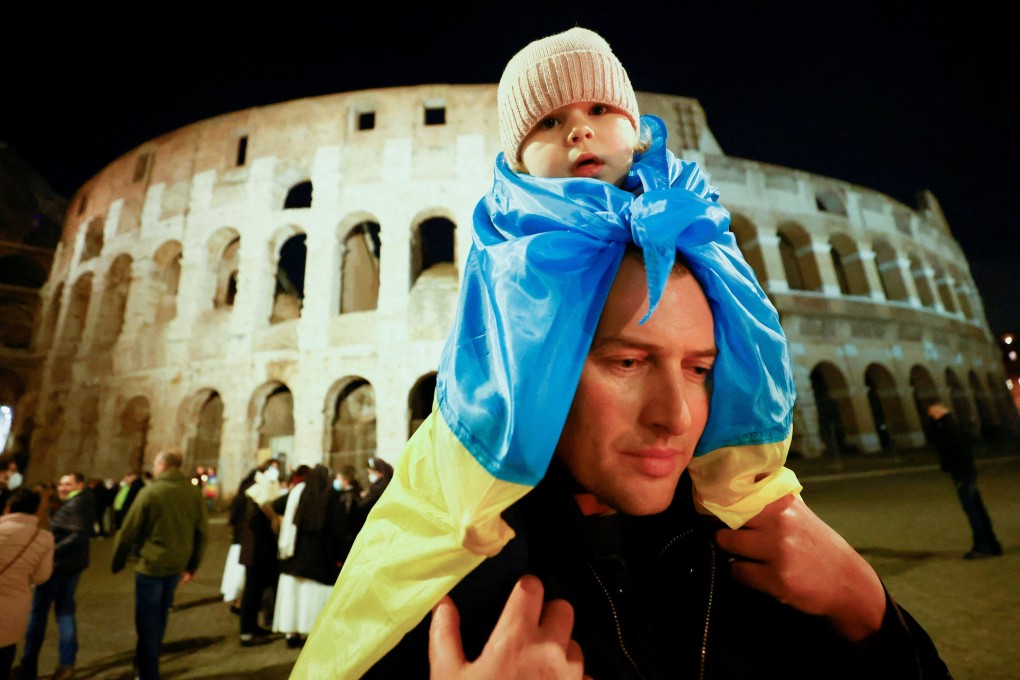Opinion | War in Ukraine: the inconvenient truth about why peace must prevail
- The fragile agreement on climate action hammered out at COP26 is in danger of being swept aside by the distraction of war
- De-escalation is urgent – without focused action on global warming, everybody’s survival is at risk

The war has swept aside concerns about the pandemic, with its intense focus on how to defeat the enemy. The speed and ferocity of the war caught almost everyone by surprise, so we have few clear-headed assessments of the comprehensive short- and long-term implications on the global economy, finance, trade and development.
The late American futurist Richard Buckminster Fuller, who died in 1983, pictured “Spaceship Earth” – a term he helped popularise in the 1960s – following an existential critical path between nuclear war and global warming. Since then, the world has witnessed the end of the Cold War and a peace dividend that enabled nearly three decades of relative peace when we grew increasingly aware of climate warming as an existential threat.
Make no mistake – there is a direct connection between military spending and carbon emissions. In 2020, the world’s total military expenditure was nearly US$2 trillion. Last year, military expenditure for Nato alone reached an estimated US$1.2 trillion, up 24.9 per cent since 2014. The US accounted for 69 per cent of the Nato total, or an estimated US$811 billion.


